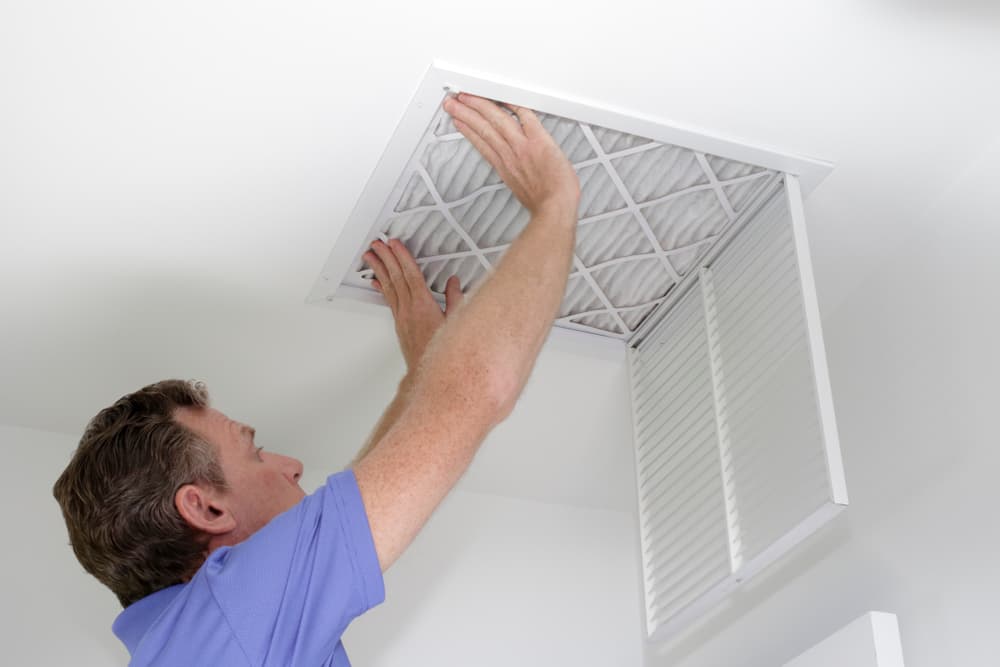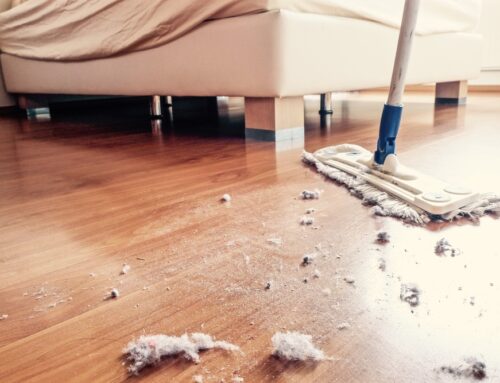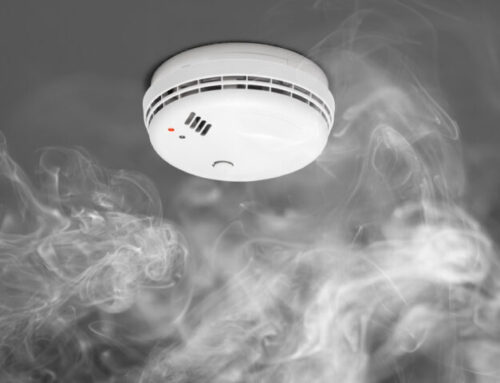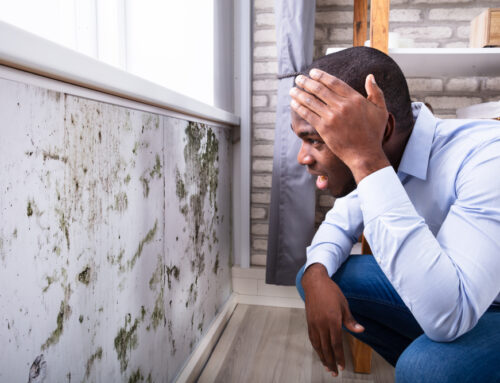Building science is a pretty broad term, but in a nutshell, it represents the study of the physical condition of a property. In addition, this science entails the analysis of specific parameters including air quality, relative humidity, airborne pathogens and other bacteria to determine the habitability of the building in question. Today, let’s take a deeper dive and explore why building science – in other words, the hard facts – can be critical in determining the condition of your property.
Knowledge Really is Power
If we understand how a building works, only then can we control the conditions that influence problems such as low air quality. That’s the whole point of building science: To educate and dispel uncertainty, helping property owners and contracted inspectors come to a better understanding of the conditions they’re facing. Building occupants need to be made aware of what they’re dealing with by getting to the truth of the problems and ensuring nothing is left to chance.
To achieve accurate results and make sound decisions, we turn to research and comprehensive testing using specialized equipment to make sense of complex, real-time data. This means more informed decisions can be made – and your investments are better protected in the long run.
Why Hire an Expert in Building Sciences?
The activities of occupants are considered when inspecting any building, including homes, as hazardous particles and contaminants can enter the airstream in a variety of ways. These can include heavy-duty cleaner spills, recent renovations exposing asbestos, and more. In addition, and depending on the contractor you hire, building durability is considered by taking a closer look at supports, foundation strength, ventilation systems, insulation condition, and more. Effective ventilation rates and ambient dust control are particularly important, as is good housekeeping to keep indoor spaces as clean as possible. This can help prevent the buildup of allergens and other airborne particles. All in all, if you need to be sure of the condition of your property, calling in the experts is a very proactive thing to do.
A healthy home isn’t about having more; it’s about living with less. That means fewer airborne contaminants, chemicals, odours, and dust particles, all in an appropriately humidified environment with optimized airflow and draft protection. Are you interested in understanding the science of your property to really understand what kind of shape it’s in? The IAQ team is happy to help, consisting of professional inspectors with decades of collective experience. Whether you’re struggling with breathing problems, allergic reactions or uncontrollable indoor relative humidity, we’re able to diagnose the issue and recommend a suitable way to tackle it. Contact us today for details!







